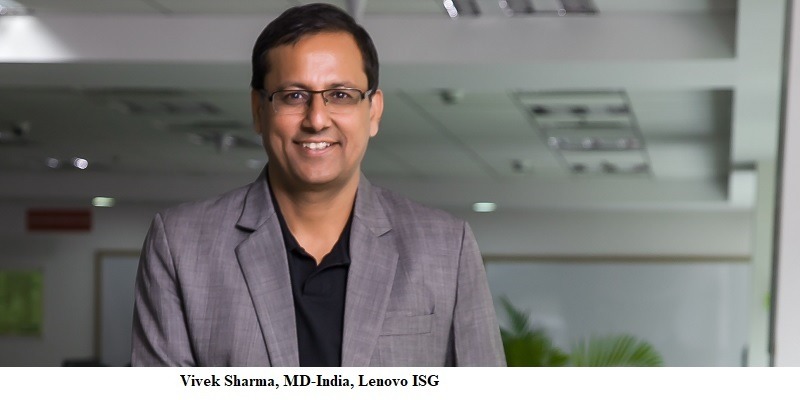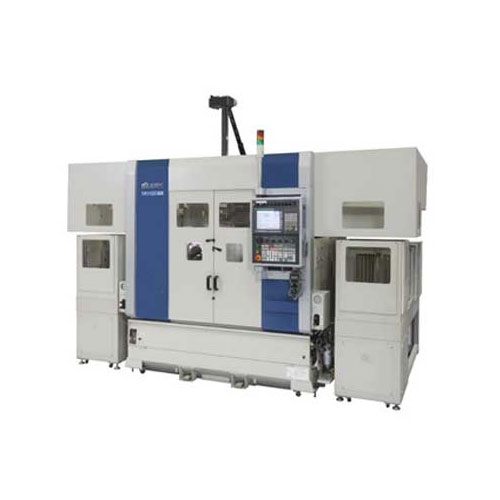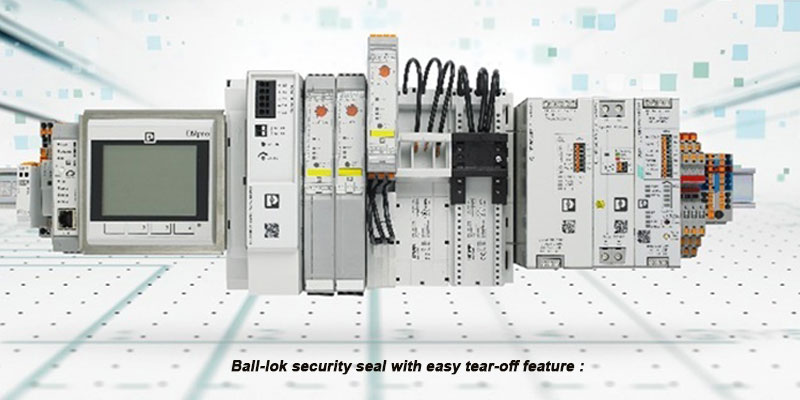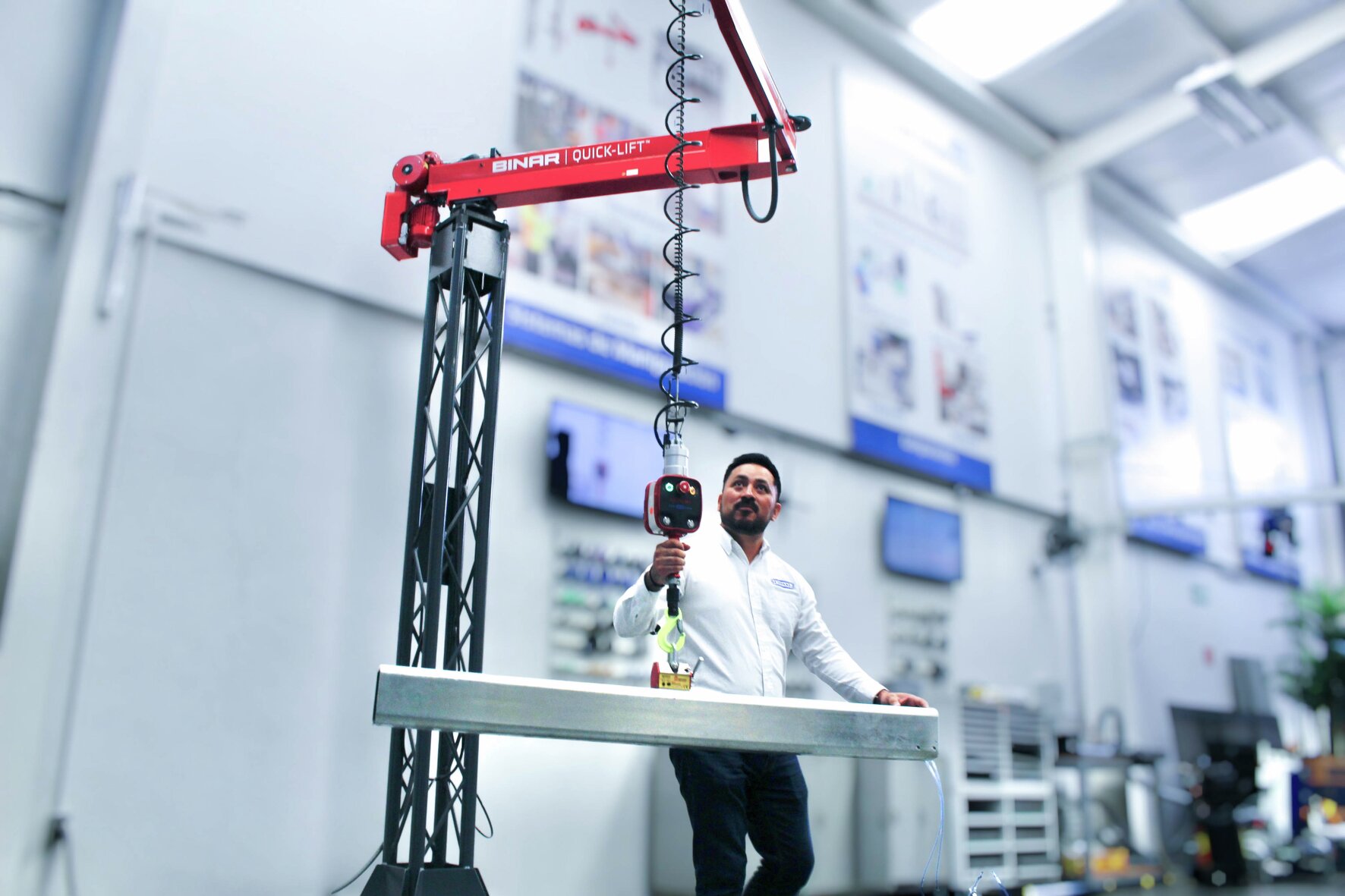Schedule a Call Back
Vivek Sharma: Data is the new currency
 Interviews
Interviews- Jul 14,21

Related Stories

Innovation is the lifeblood of our long-term success: Biplav Nayak
In this interview, Biplav Nayak, Associate Director, Parson Adhesives outlines its business profile, recent performance, growth drivers, resilience strategies, innovation focus, manufacturing automa..
Read more
Gandhi Automations Strengthens Cold Chain with Storage Doors
Discover how Gandhi Automations Pvt Ltd, India’s No. 1 entrance automation and loading bay equipment company, delivers advanced cold storage doors for optimal temperature management
Read more
C-DEP–IIT Delhi Study Flags Tech Logistics Gains for MSMEs, Warns of GST Risks
C-DEP–IIT Delhi study shows tech-enabled intra-city logistics cut MSME costs, boost efficiency, but warns GST 2.0 may raise taxes.
Read moreRelated Products

Compact Fmc - Motorum 3048tg With Fs2512
Meiban Engineering Technologies Pvt Ltd offers a wide range of Compact FMC - Motorum 3048TG with FS2512.

Digital Colony Counter
Rising Sun Enterprises supplies digital colony counter.
Robotic Welding SPM
Primo Automation Systems Pvt. Ltd. manufactures, supplies and exports robotic welding SPM.















